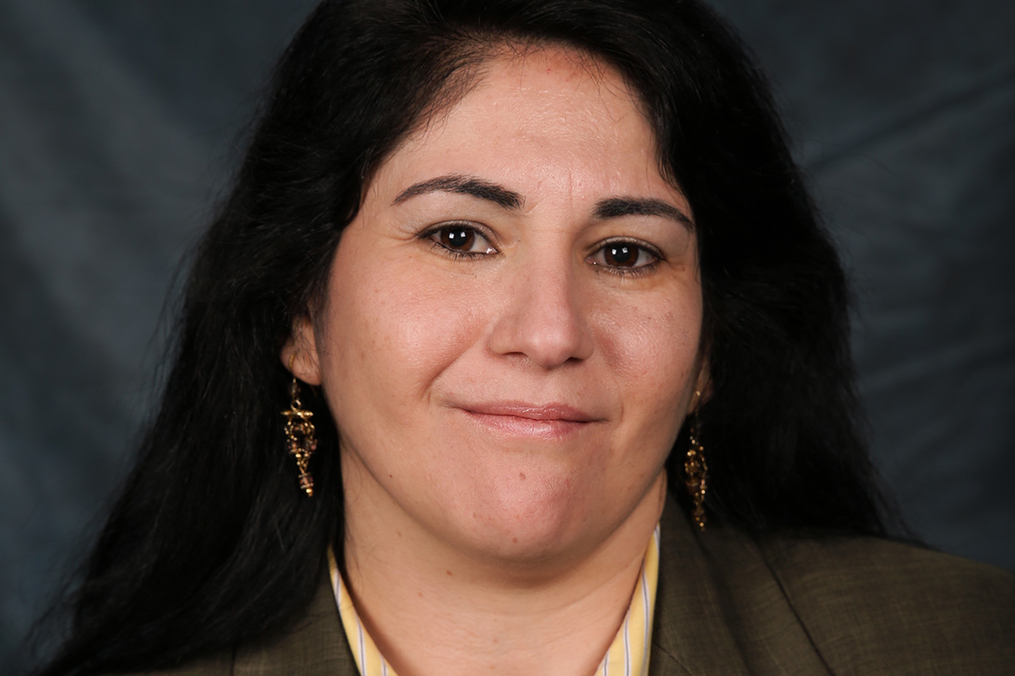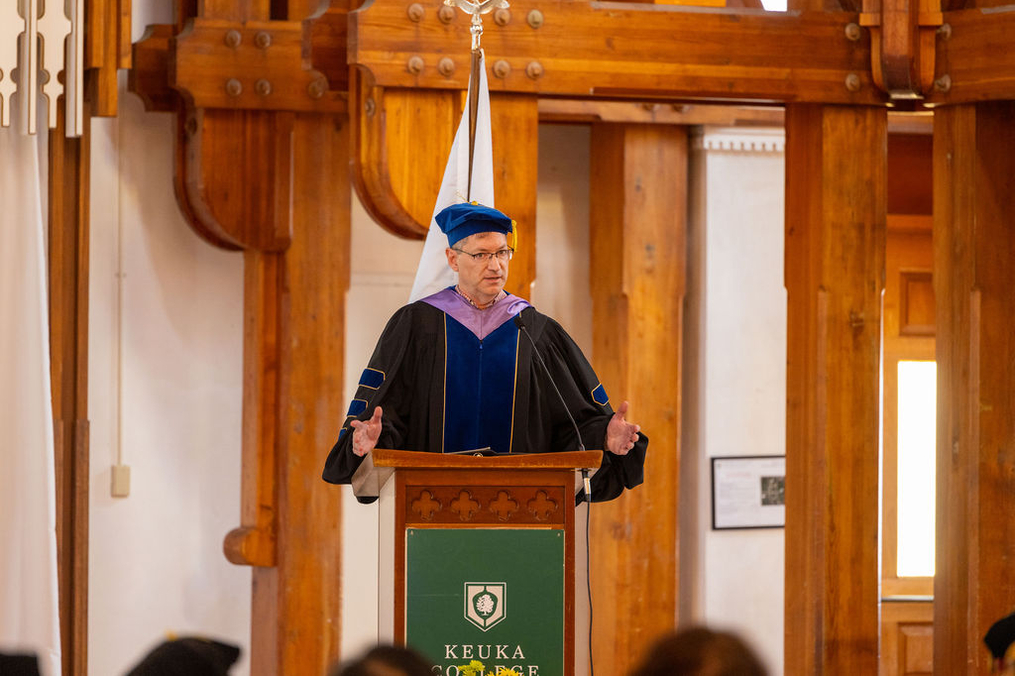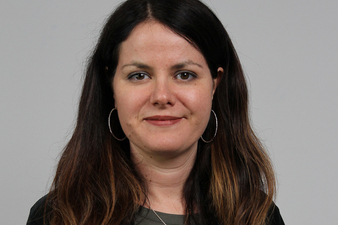In Microbiology, the inoculum is the initial amounts of bacterial cells, fungal spores, or viral particles used to start a microorganism culture. The higher is the initial inoculum size; higher the microbial growth or the microbe infection.
Using a powerful analogy: without sowing at least a few seeds you would never be able to grow a summer tomato garden.
With COVID-19 (SARS-CoV-2) viral particles, it works the same way. This is a virus with airborne transmission that spreads a spray of virus-laden droplets, called aerosol, that occurs when one sneezes, coughs, talks, or screams and can enter into another’s nose and mouth.
Let’s refer back to the summer garden. Imagine that you have a high-pressure hose, firehouse-style, that sprays tomato seeds. (This type of hose exists, but is mostly used for turf grass sowing.) If you, or the soil, are at close range to the hose’s nozzle you will be hit with an extreme amount of seeds. But as you get further away from the nozzle, the number of seeds that will hit you will be smaller. That is why social distancing works so well. The further you are from an infected person, the fewer virus particles will reach your nose and mouth.
 What about the masks? Well, if someone aims a seed hose at your face, any physical barrier will be a great help to avoid getting hit. Think of the mask as akin to opening an umbrella in front of that hose: you will be protected (or, at least, not hit by as much spray). The cheap, disposable three-layer facemasks are not as impermeable as an umbrella is to the seeds, but they still work extremely well. The three-layered mask protects us at the nozzle side (i.e., the sneezer) reducing the amount of virus being sprayed, and it protects us on the receiving side of the spray -- especially when we are at least six feet apart.
What about the masks? Well, if someone aims a seed hose at your face, any physical barrier will be a great help to avoid getting hit. Think of the mask as akin to opening an umbrella in front of that hose: you will be protected (or, at least, not hit by as much spray). The cheap, disposable three-layer facemasks are not as impermeable as an umbrella is to the seeds, but they still work extremely well. The three-layered mask protects us at the nozzle side (i.e., the sneezer) reducing the amount of virus being sprayed, and it protects us on the receiving side of the spray -- especially when we are at least six feet apart.
If you are still not convinced, a recently published, peer-reviewed paper by Dr. María Pilar Guallar and her colleagues in the International Journal of Infectious Disease shows that, as the inoculum of SARS-CoV-2 viral particles increases, the chance of disease severity will increase as well. Other infection determinants such as age, sex, genetics, and cross immunity are inevitably involved but the inoculum is the most important determinant according to Dr. Guallar. This could help explain the spectrum outcome shown with infected individuals that go from asymptomatic because they receive very little inoculum to severe -- leading to mortality for those who were infected with high amounts of the viral particle.
The idea that contracting COVID-19 is not a death sentence is true; instead the danger it is being inoculated by the aerosol spray with a large amount of the virus and especially for long periods of time without any protective barrier.
So please wear masks correctly at all times and keep a safe distance from each other. We may not be able to avoid getting sick but this way we all will be here next May to sit together in the Geiser Dining Commons and enjoy a fresh tomato salad.
-----
Dr. Luciana Cursino-Parent (Dr. C) received her Ph.D in Agronomy – Genetics and Plant Breeding by Cornell University/University of Sao Paulo in 2006. Dr. Cursino also holds a Master of Science in Microbial Genetics and Bachelor's of Science in Biology/Genetics. Prior to joining Keuka College in 2015, she taught Microbiology Cell Biology and Genetics at Hobart and William Smith Colleges. At Keuka College, Dr. Cursino teaches General Biology, Genetics, Botany, Cell and Molecular Biology and Immunology. Dr. Cursino is a passionate professor praised by students and her peers for going above and beyond to advocate for her students and to create a highly effective learning environment. In addition to her teaching duties Dr. Cursino serves as the chair of the Faculty Development Committee, as the Biology Program Director, and as the Research advisor for the honors thesis of the senior student Sarah Bressete. Dr. Cursino’s research interests involve bacterial pathogen infections in plants, insects, and animals.





